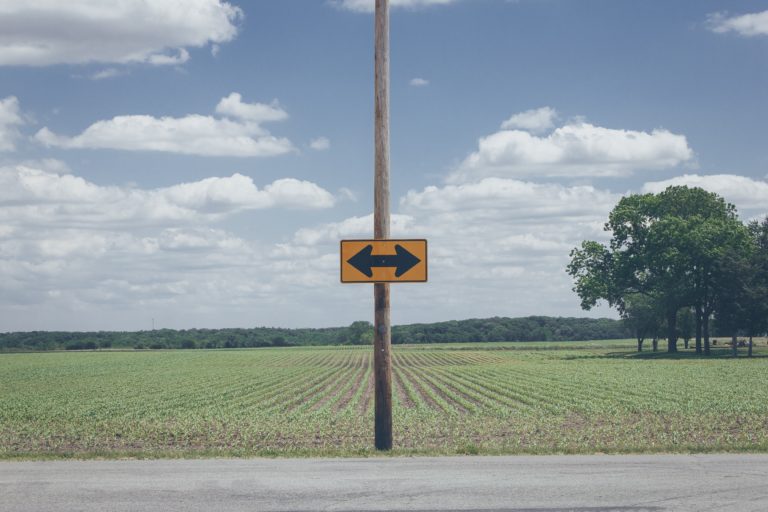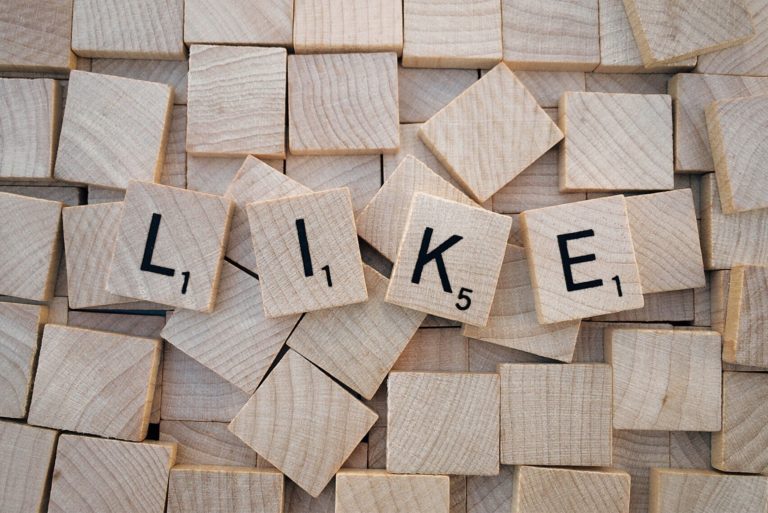Why People Unfriend On Facebook (And Why I Rarely Do)
“Jane* had her baby.”
It was my wife, speaking to me from her chair nearby. I looked over and said, “That’s cool. I didn’t see that.”
I opened up Facebook, navigated over to Jane’s profile page … and saw why I hadn’t seen it. Sometime in the last few months, Jane had unfriended me. I was able to speculate a little on the timetable because there were a smattering of public posts and I could see where I’d liked them, back when we were still Facebook friends and I was getting her posts in my news feed.
Immediately, I wondered why. Was it something I’d said or done or posted? (Jane isn’t one to post on controversial subjects, and I rarely do.) Something I hadn’t said or done or posted? Was Jane the kind of person that liked to cull her friends list? Had she decided I wasn’t worth keeping on that roll? Why keep my wife but not me?
I knew I wasn’t going to get answers to those questions.
I would describe Jane as an acquaintance. We only rarely see each other in person, but we do see each other in person occasionally, and we both post on common social media boards. That put her just close enough to my social orbit to matter in my mind, but not close enough to be worth the emotional effort of reaching out and asking. (Also, she just had a kid, so rattling her with my own perceived slights would be bad form.)
Nevertheless, for my part, I felt like this changed the dynamic of future interactions, both online and in person. I’m less inclined to want to interact with her social media board posts now. And I’m not sure how I’ll interact with her when I (likely) do see her in person down the road.
Why People Unfriend
When I asked my own friends on Facebook what their approach was to unfriending, I received a few dozen responses. Although admittedly not scientific, I was struck by a few things.
For example, many people admitted that they rarely, if ever, unfriended people. More likely, they unfollowed them, or, in rarer cases, put them on a restricted list.
Another interesting point: the reasons given for unfriending. They varied but included: racism, bullying, stalking, getting away from exes or their families, harassment, extreme negativity, or posts that were spammy or seen as having little value to the reader. Politics was mentioned several times, although a few people pointed out that they didn’t necessarily unfriend because of differing political views so much as the tone of those views … sometimes even on views they agreed with in principle.
There were a couple of people who admitted they weeded out their friends list, often in an effort to simplify or reduce the amount of time they spend on Facebook. One person pointed out that sometimes they’d friend someone they saw once in a class but never saw again, while another person said she’d unfriend people where there’d been no mutual interaction in a long time. On the other hand, one person pointed out that he rarely had to unfriend because he was pretty deliberate about who he would friend in the first place.
I’ve Never Been Much of An Unfriender
I’m not above unfriending people in certain contexts, but it’s a rare step for me. Always has been. There are several reasons for this.
One, unfriending can send an unintended message. Facebook is a social network, so ending a connection on Facebook indicates that one person no longer wants to have social contact with the other. What might look like trimming a friends list to one person may look like something else entirely to the unfriendee, especially since the second person likely doesn’t know why they were unfriended. Unfriending can feel like estrangement to some people, and in the absence of any information they may just conclude that the person doing the unfriending doesn’t want anything to do with them anymore, even if that wasn’t the person’s intent. At best, it can send the message that the person being unfriended just isn’t that important to the other person. I’m reluctant to risk sending that message.
Two, there are good intermediate options. If I don’t want to see their posts, I can unfollow them. I’ve done this before, usually when a person posts loudly and consistently about controversial subjects and I don’t have the energy to wade through them. On the other end, if I don’t want them to see my posts, I can restrict them. If I want to see more or less of a person’s posts, there are easy ways to customize that. Facebook also offers a newer option to snooze a person, which means their posts don’t show up in your feed for 30 days.
Three, those intermediate options allow for possible backtracking. I can think of a few instances where I unfollowed someone who went on rants for a stretch … but then the rants stopped, I dropped by their profile page and noticed, and I started following them again. The person in question likely didn’t notice, and I gave myself some latitude without potentially cutting things off irrevocably. I like having that flexibility.
Four, unfriending can have unintended consequences with other people beyond the two parties. I’ve been unfriended before — and my relationship with people damaged — as a result of retaliation from people I know unfriending other people I know. My unfriending of someone can have repercussions on other people outside of my own one-on-one relationship with that person, so I try to carefully consider the cascade effect of that before making any decisions.
Times I Think Unfriending is Necessary
I’ve said I’ve rarely unfriended people, but rarely isn’t never. There are some instances where I think people are justified in unfriending other people.
When harassment, bullying, stalking, or other issues of emotional or physical safety are involved. I don’t think there’s much doubt that certain behaviors by others warrant unfriending and perhaps blocking them. If a person harasses you or makes you uncomfortable or if you are concerned about your physical or emotional well-being, you do what you need to. Period.
When matters of professionalism or legality are involved. If one of your friends is suddenly your boss, or your patient, you might have good reason to unfriend them. For years I had a colleague that I would not friend on Facebook as long as her sons were in my class. (I told her this upfront, so there was no confusion.) Again, intermediate options like unfollowing and / or restricting might work just as well, but if that’s not good enough — especially in the eyes of the law — unfriending may be your only option.
When a person reaches “celebrity status” or when a person hits their friend cap. This isn’t me, but I do know a couple of people who have been in this situation. One is a megachurch pastor I know who has thousands of friends on Facebook for a variety of reasons, and that occasionally bumps him up to the current 5,000-person friend cap.
What about you? What’s your take on unfriending?
* Not her real name.







